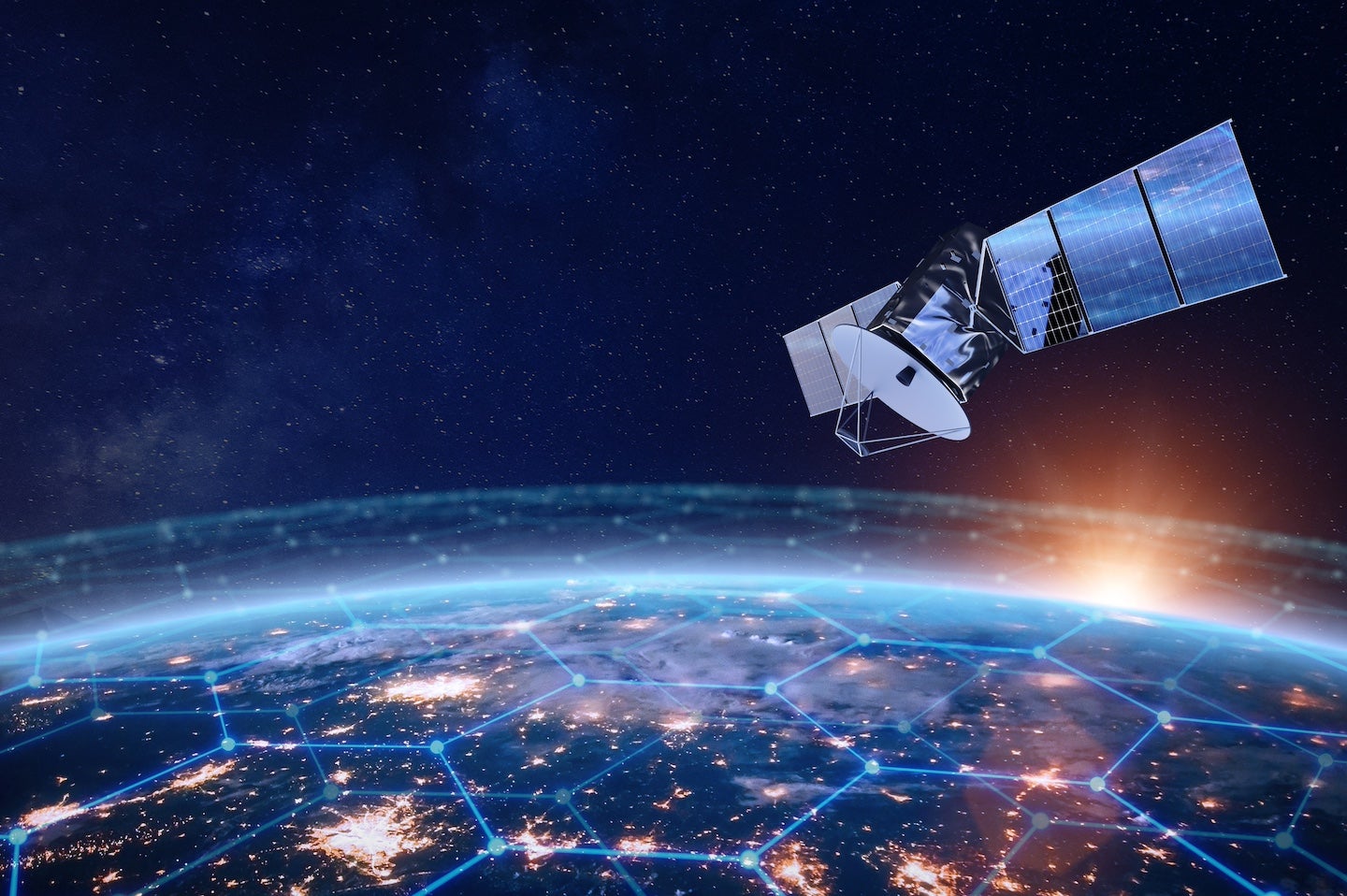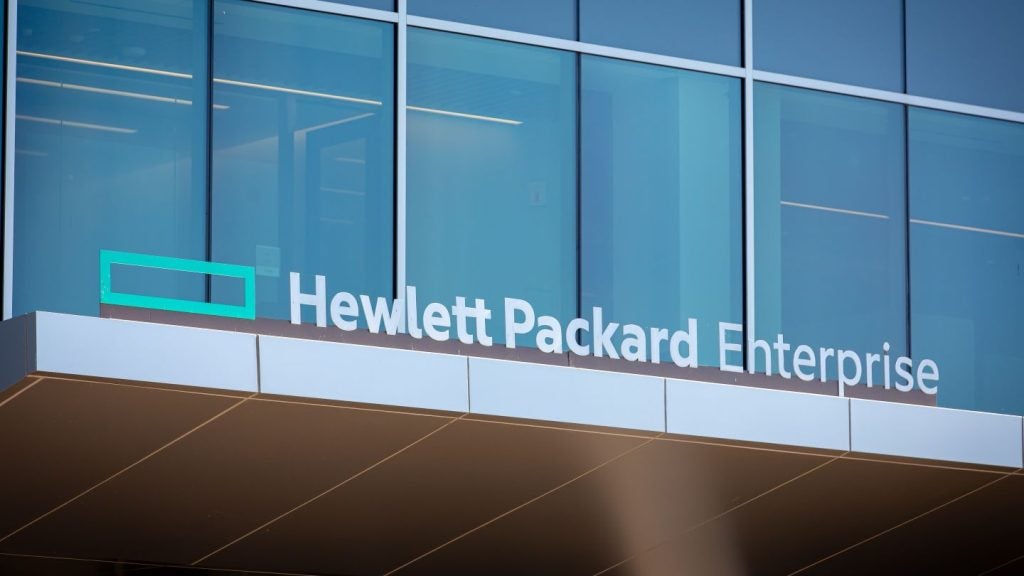The European Commission has signed a concession contract for IRIS², the European satellite constellation announced two years ago, which will oversee the development, deployment, and operation of a network of secure, multi-orbital satellites.
IRIS², standing for Infrastructure for Resilience, Interconnectivity, and Security by Satellite, will consist of approximately 290 low- and medium-Earth orbit satellites. The first launch is expected by 2029, with the system promised to be operational by 2031. Due to technological advances, the system is claimed to be equivalent to 1,000 satellites. Additionally, there are plans for ten or more satellites intended for “LEO Low” to support future technologies.
The satellite network will provide internet connectivity in addition to military applications, a feature that has demonstrated its advantages through Starlink’s military uses by the Ukrainian army.
Europe’s Starlink?
While some compare IRIS² to SpaceX’s Starlink, its emphasis on secure, encrypted communications and military applications aligns it more closely with SpaceX’s Starshield, which offers additional capabilities such as object tracking and early missile warning. This focus was partly why Germany criticised the system in 2022, arguing that it prioritised government applications over providing internet access for all. Germany also expressed concerns about the project’s costs, describing them as “exorbitant” after they rose to €10.6bn, nearly double the initially projected €6bn.
The project’s contract is managed by the SpaceRISE consortium, the sole bidder, tasked with building and managing the network. The consortium of SES, Eutelsat, and Hispasat, is supported by a team of European subcontractors, including Thales Alenia Space, OHB, Airbus Defense and Space, Deutsche Telekom, and Orange, among others.
Of the €10.6bn project cost, the EU will contribute €6bn, the European Space Agency will provide €550m, and €4.1bn will be funded by the three consortium companies (SES, Eutelsat, and Hispasat) for the privilege of deploying and operating the system commercially for 12 years.
Why now?
Elon Musk’s political influence and proximity to Donald Trump have probably accelerated the need for a Starlink alternative. This urgency, compounded by the Russia-Ukraine conflict, hastened developments, though the need for a non-US system was inevitable. Legislation for IRIS² was published in 2022.
In a way, this situation mirrors the development of satellite-based radio navigation systems. The global positioning system (GPS) is American, prompting Europe to develop its own system, Galileo, for “European independence.” Similarly, Russia has GLONASS, and China has BeiDou. No superpower wants to rely on another’s system if they can avoid it, ally or not.
Likewise, the deployment of LEO and vLEO systems is becoming more segmented by country as the demand for sovereign satellite communication systems, whether for military or connectivity purposes, grows. Countries such as Taiwan, Russia, and China are pursuing similar initiatives, suggesting we can expect more launches in the near future.








